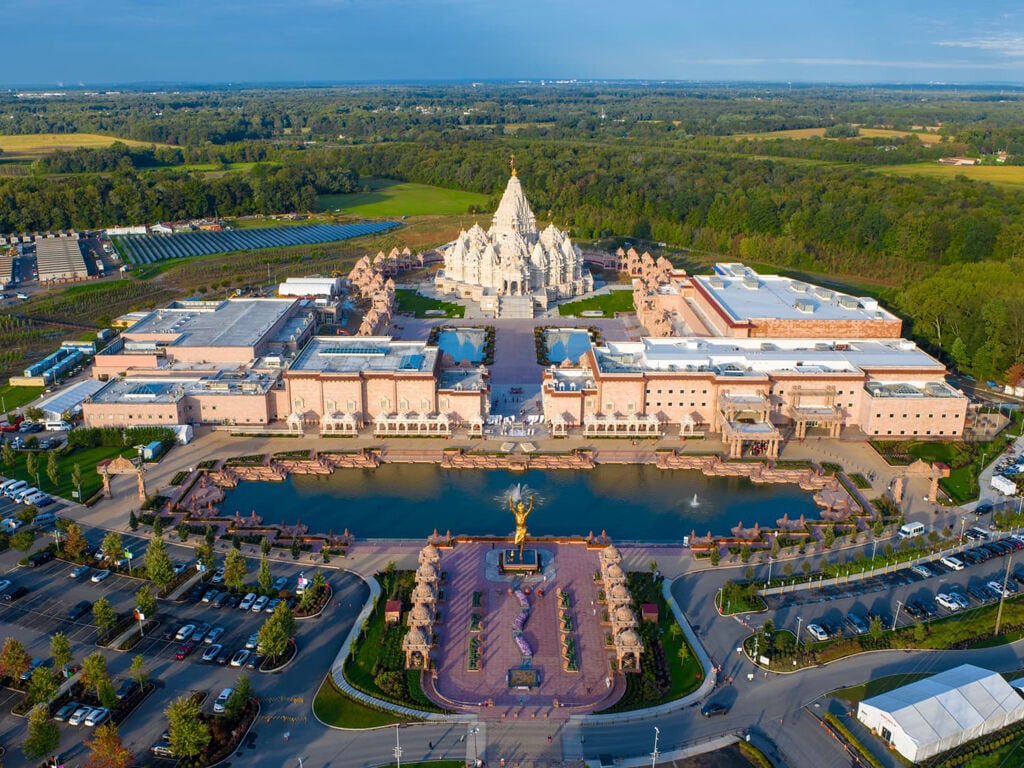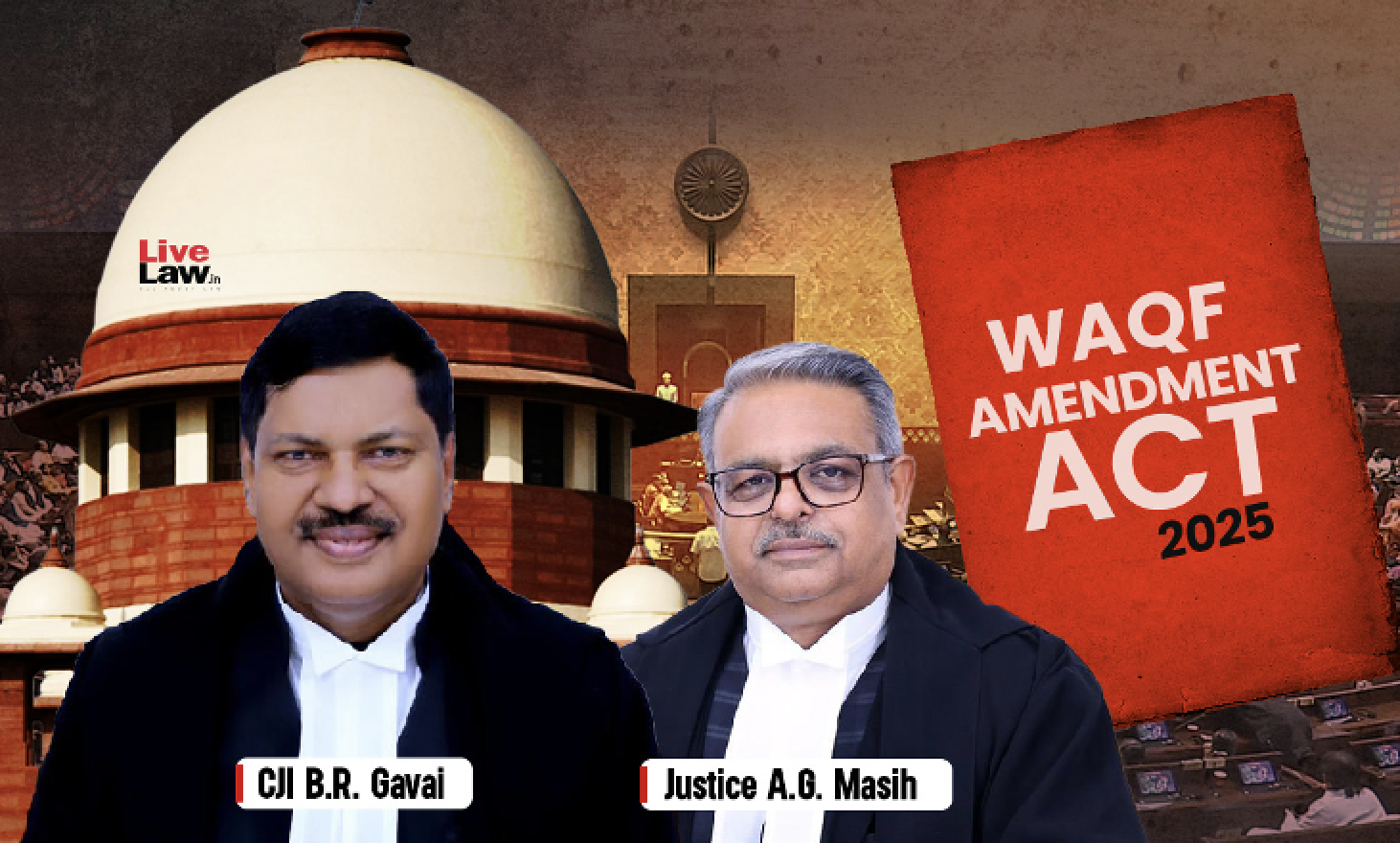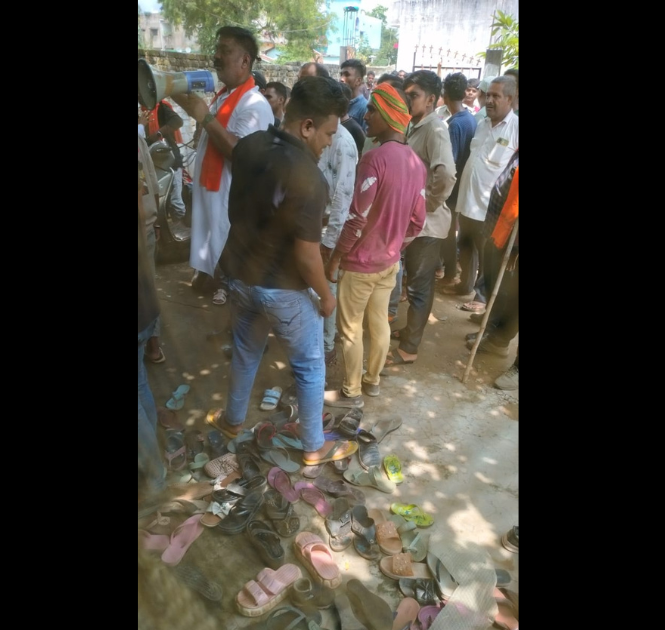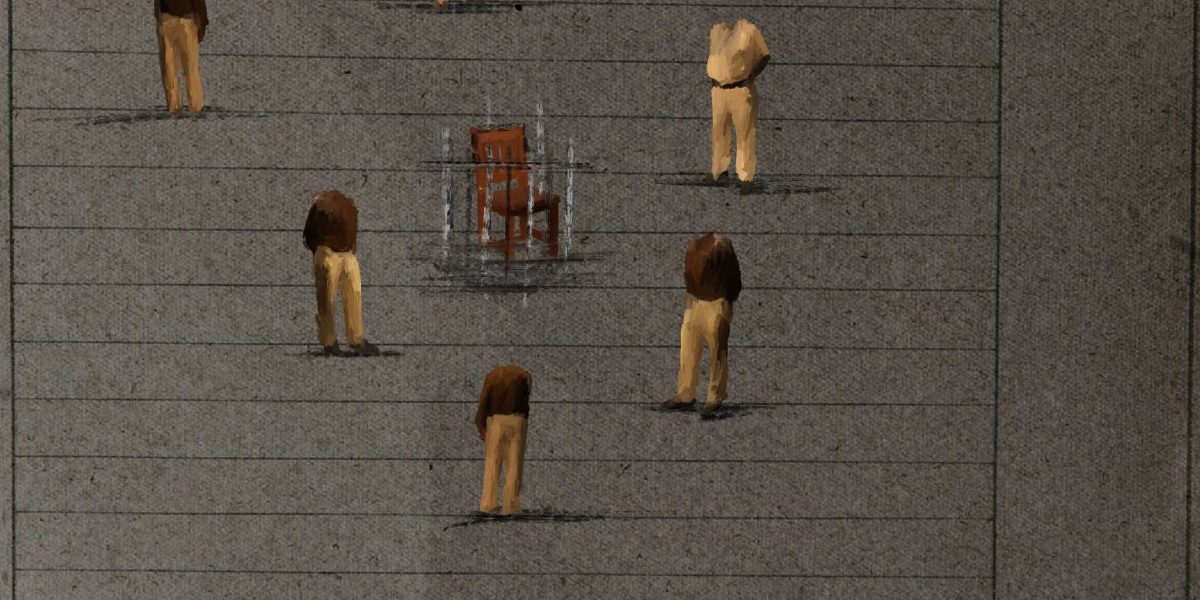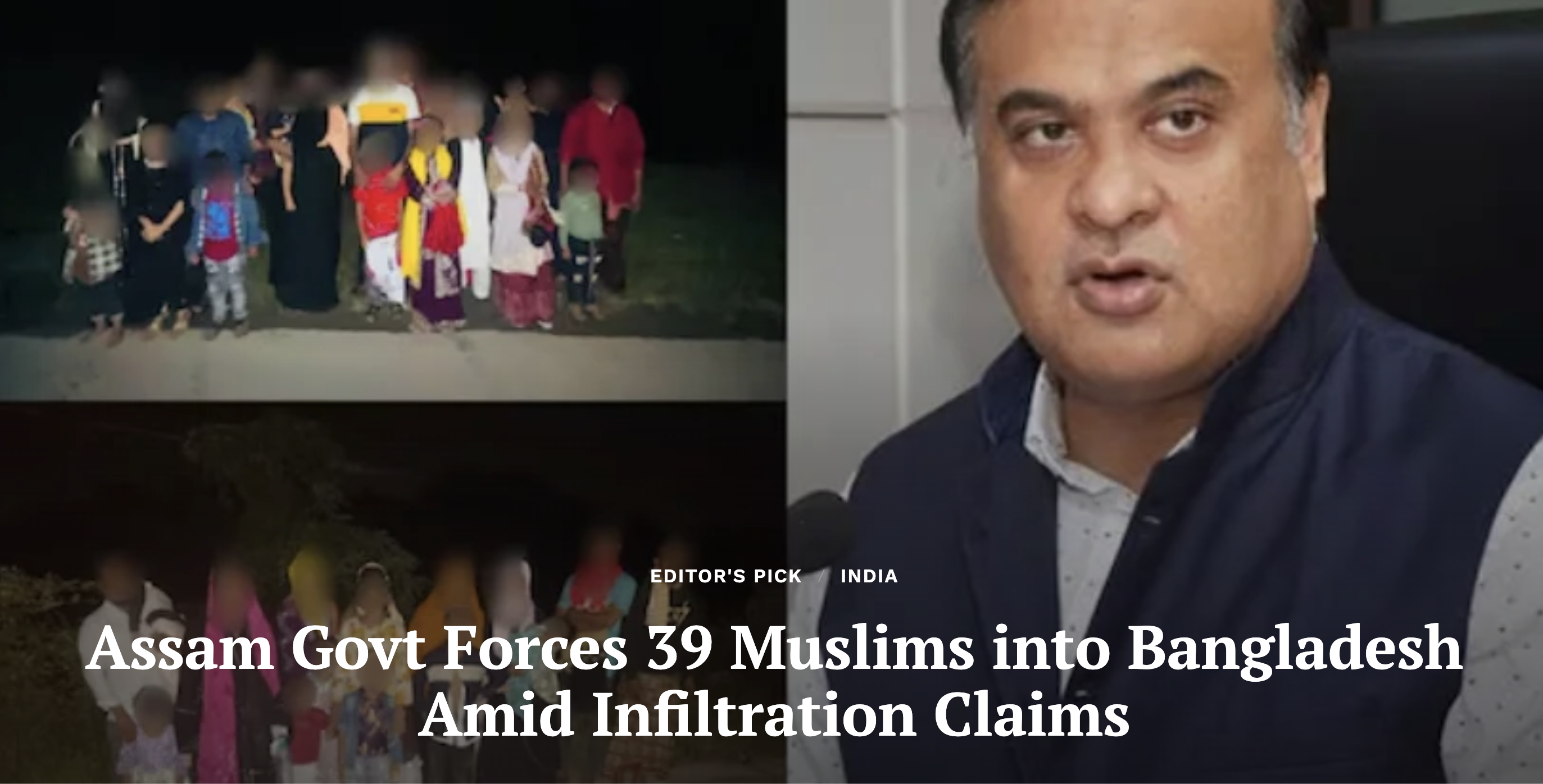
How many times will we see namaz in the shadow of guns? Last Friday, Muslims offered namaz protected by armed police both in Gurugram and Mathura. Mathura saw a larger crowd than usual, triggered by the threat from Hindutva groups that they would place idols inside the Shahi Idgah mosque that abuts the Krishna Janmabhoomi temple on December 6.
That threat brought back the old sense of hopeless dread that used to weigh heavily on one during the months leading to and following the demolition of the Babri Masjid. The Mathura police’s preventive arrests and security arrangements were reassuring, but only to an extent: After all, the Babri Masjid was demolished in front of hundreds of security forces deployed to protect it. Then, as now, UP was under a CM openly committed to the building of a temple on the very site of the masjid. Yogi Adityanath may want to avoid a full-fledged riot in Mathura just before the elections to live up to his boast of a “riot-free” reign, but what orders will Mathura’s police be given after the election? It’s not for nothing that the Hindutva organisations chose December 6 to target the Mathura mosque, and the state’s deputy CM recalled the old VHP slogan, “Ayodhya first, then Mathura and Kashi’’, just a few days earlier.
The situation makes one despair because, public pronouncements of “never forget’’ notwithstanding, a new generation has grown up since the demolition of the Babri Masjid, unburdened by memories of the tense, violent times their parents lived through. Not more than a handful respond to the annual call by Mumbai’s Raza Academy to offer dua for the Babri Masjid on December 6. Mumbai was perhaps the city most affected after Ayodhya in December 1992; and yet, young Hindus and Muslims who remember days of curfew, fleeing with parents and familiar bylanes suddenly becoming “dushman territory’’, today boast of having friends from the “dushman’’ community. A tweet by Mathura resident Apoorva Sharma on the morning of December 6 saying that nobody in that city needed either the temple’s expansion or the mosque’s demolition, suggested that Mumbai’s post-Babri generation is reflected in UP too.
Will this generation be pushed back into seeing religion as their primary identity? Efforts have been on to this end since June 2014, when Narendra Modi referred to “1200 years of a slave mentality’’ among Indians, in his first Parliament speech. These efforts have been most pronounced in UP after Adityanath became CM in 2017; nowhere else have Muslims been so comprehensively targeted. Assam, since Himanta Biswa Sarma’s victory in May, and MP, since Shivraj Singh Chauhan turned virulently saffron in 2019, are catching up, though. Helping this process is Asaduddin Owaisi.
Is it that easy, though, to turn the clock backwards, to make Hindus and Muslims and Christians out of those who see themselves as citizens with equal stakes in a secular country? For all the WhatsApp propaganda against him, comedian Munawar Faruqui’s shows were sold out in advance. Despite unconstitutional “love jihad’’ laws, young Hindus and Muslims continue to risk their lives to marry. For a decade after the Mumbai ’92-93 riots, Muslims told this reporter they would avoid Hindu areas, and when that proved difficult, would finish their work as quickly as possible, making sure they got into no arguments. Come to Mumbai today and there isn’t an area where Muslims “identified by their clothes’’ aren’t visible. And they aren’t moving around with heads bowed, trying to be inconspicuous. This sense of belonging to a city, which had seen them targeted and then abandoned, took some time coming — ironically, it is apparent under a government led by the very party that had targeted them.
The unexpected twists and turns of politics; the old adage — your enemy’s enemy is your friend — have brought about this sense of security among Mumbai’s Muslims, not justice for the crimes committed against them in 1992-93. When you have started looking at yourself as an equal citizen with the same aspirations as others, and then suddenly, that status is under threat by a powerful new regime, who remembers justice? This is the bitter reality those who believe in secularism have to acknowledge.
Yet, this scenario also signals hope. The compulsions of electoral politics, possible only in a democracy, however flawed, can bring about unexpected change. An Uddhav Thackeray can lash out at those “using Hindutva to divide and rule’’; a Yogi Adityanath can order the arrest of Hindutvawadis. It’s up to secularists to use these as breathers to do their work.
This story first appeared on indianexpress.com


